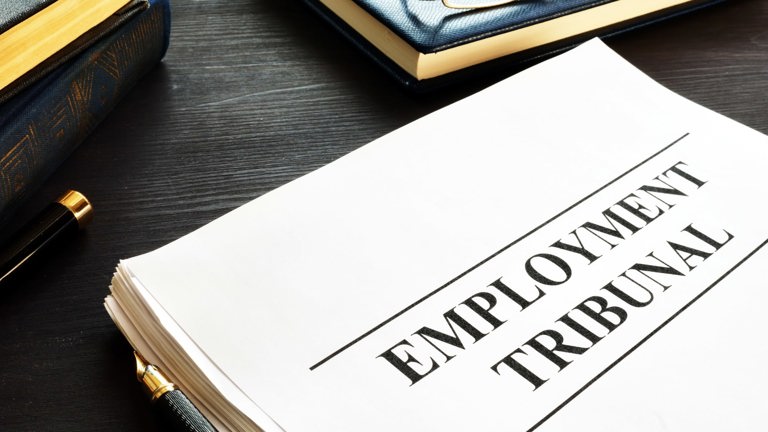
Predatory Marriages and Contested Wills: What Could the Proposed Legal Reforms Mean?
01 July 2025

01 July 2025

25 June 2025

24 June 2025

20 June 2025

18 June 2025

10 June 2025

21 May 2025

14 May 2025

13 May 2025

12 May 2025

08 May 2025

07 May 2025